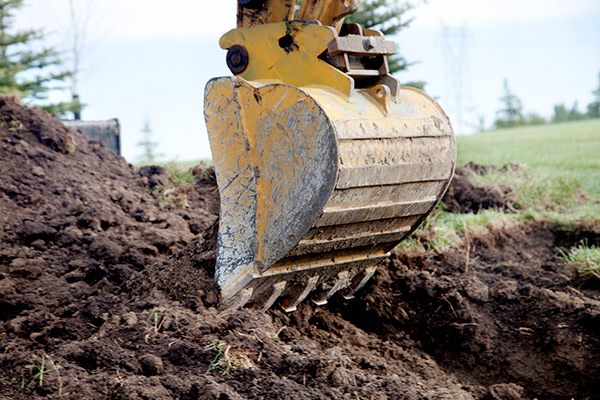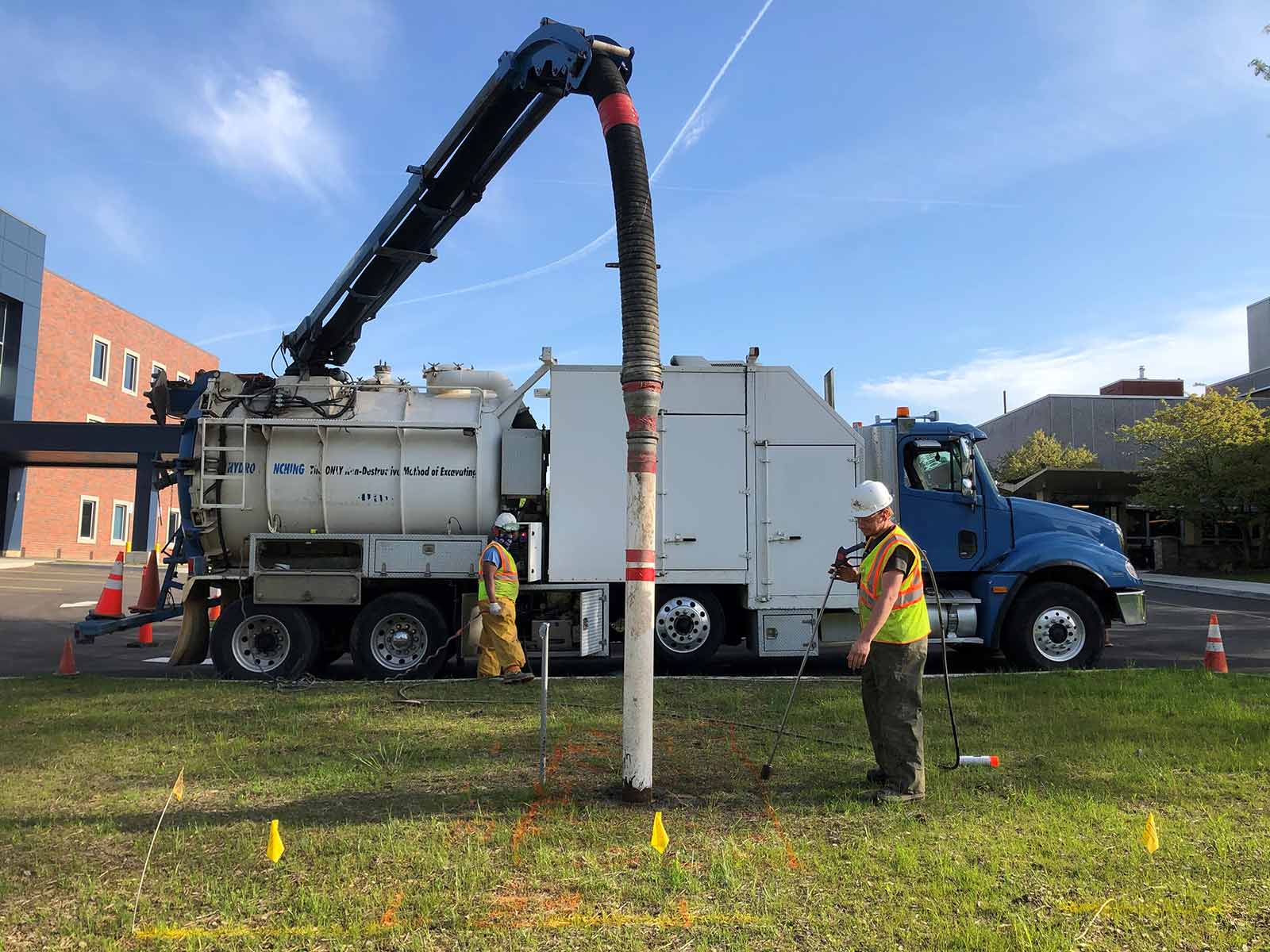Comprehensive Excavation Strategies: Understanding the Principles for Success
The cautious planning, exact execution, and meticulous attention to detail required in excavation tasks demand a detailed method that encompasses numerous essential aspects. The real mastery exists not merely in understanding these fundamentals but in effortlessly integrating them to browse the intricacies of excavation tasks with skill.
Comprehending Excavation Project Planning

The first stage of any type of excavation project is the planning phase, where crucial choices are made that can dramatically impact the outcome of the project. Recognizing the task timeline, range, and spending plan restraints is critical for developing an extensive excavation strategy that makes sure the task's success.
One key facet of excavation project planning is the development of a comprehensive timeline that outlines the series of due dates, tasks, and landmarks. By thoroughly thinking about all these elements throughout the preparation stage, excavation tasks can be executed effectively and efficiently, leading to effective end results - excavating ohio.
Soil Evaluation and Site Assessment
Carrying out thorough dirt analysis and website evaluation is an important step in the preparation phase of any type of excavation task. Dirt evaluation involves determining the structure, structure, and buildings of the soil at the excavation website. This information is important for recognizing the dirt's bearing ability, wetness content, and potential for disintegration, which are key elements in figuring out the excavation approaches and equipment needed for the job.
Site assessment surpasses dirt evaluation and encompasses a wider assessment of the overall site problems. This examination includes identifying any prospective dangers, such as below ground energies, environmental concerns, or unpredictable surface, that can influence the excavation procedure. By completely evaluating the website, job supervisors can develop effective excavation techniques that prioritize safety, efficiency, and environmental management.
Using advanced technologies like ground-penetrating radar, soil tasting, and drone studies can improve the accuracy and performance of soil analysis and website assessment. Spending time and resources in these preliminary steps can eventually conserve time and stop expensive hold-ups or problems during the excavation process.
Devices Choice and Usage
Efficient excavation tasks rely heavily on calculated tools selection and usage to ensure optimum efficiency and productivity. Picking the ideal tools for the work is crucial in making best use of effectiveness and decreasing downtime. Elements such as the kind of dirt, deepness of excavation, and job range play a substantial function in determining the most suitable tools for the job available.

In enhancement to picking the appropriate tools, appropriate utilization is crucial to task success. Operators needs to be educated to handle the equipment securely and efficiently - lancaster trenching. Normal maintenance checks and prompt repairs aid stop break downs and guarantee consistent efficiency throughout the see this project
Precaution and Rules Compliance
In the realm of excavation tasks, prioritizing safety and security procedures and compliance with guidelines is extremely important to making sure a legally audio and safe functional setting. Precaution include a range of techniques, including conducting complete website assessments, applying appropriate signage and obstacles, and giving ample security training for all workers entailed in the excavation process. Adherence to regulations, such as OSHA requirements in the United States, ensures that the excavation job fulfills the necessary requirements to shield workers, bystanders, and the surrounding setting.

Tracking Progress and Adjusting Strategies
How can forecast supervisors effectively track the improvement of excavation projects and adjust their strategies appropriately to optimize results? Tracking progress is important for guaranteeing that excavation tasks remain on track and meet due dates.

Final Thought
Finally, mastering the principles of thorough excavation approaches is crucial for the success of any kind of project. By understanding project preparation, examining dirt and website conditions, selecting suitable tools, abiding by security guidelines, and keeping track of progression, project managers can ensure a smooth and reliable excavation process. Implementing these methods will cause successful results and minimize possible threats or troubles throughout the excavation task.
The initial stage of any excavation task is the planning phase, where navigate to these guys crucial decisions are made that can significantly impact the outcome of the task. Understanding the task timeline, budget plan, and scope constraints is critical for developing a detailed excavation plan that makes sure the task's success.
Just how can predict managers effectively track the improvement of excavation jobs and adapt their techniques appropriately to enhance outcomes? By carefully checking development and being ready to adjust methods, task supervisors can improve the total success of excavation tasks.
By comprehending task preparation, examining soil and site problems, selecting proper devices, abiding with safety policies, and checking progression, job supervisors can guarantee a smooth and reliable excavation procedure.